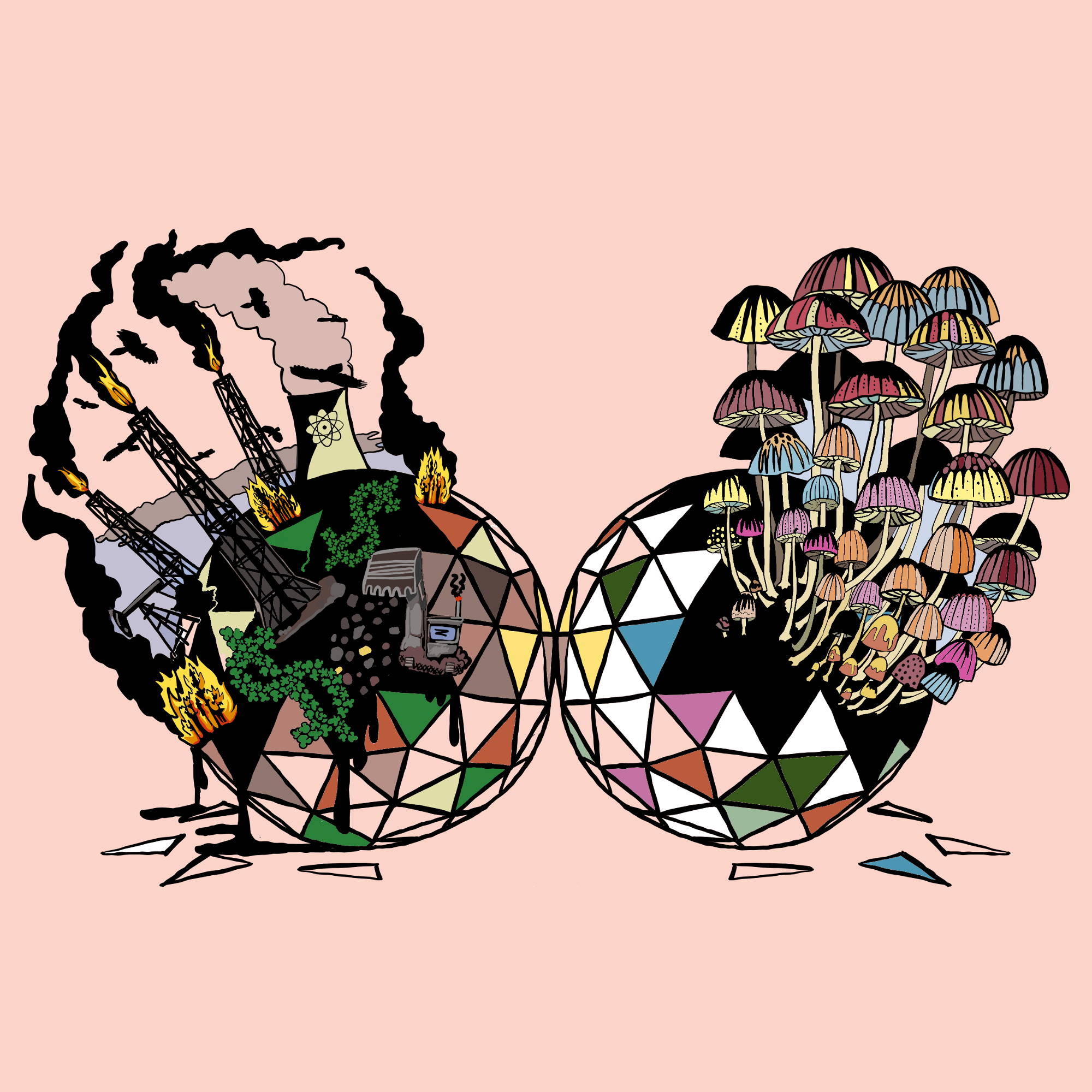About
Future Natures explores the global terrain and evolving ecologies of commoning and enclosure.
Through stories, arts and research, we aim to delve deeply to explore these contested ecologies – involving complex and evolving relationships between people, technology and our non-human environments.
We ask what they mean, and how they shape possibilities for imagining and enacting plural futures and plural natures through action and struggle in the present.
In the process, we aim to build bridges, activate learning, and amplify voices across diverse histories, spaces and struggles to defend the commons, past and present.
Better futures are not only possible — they already exist in-the-making.
Future Natures involves an international network, an online platform and a research initiative, including diverse communities of researchers, commoners, and commoning-aligned artists, writers, makers and others. We are also involved in a growing series of projects and collaborations.
Who we are
The Future Natures initiative is hosted at the Institute of Development Studies, UK.
Future Natures builds on lessons, insights and infrastructure developed over fifteen years of interdisciplinary research, methods development and international partnership associated with the ESRC STEPS Centre (2006-2021) based at the Institute of Development Studies (IDS) and the Science Policy Research Unit (SPRU), University of Sussex.
Future Natures emerged from the legacy of the STEPS Centre but takes us in new directions and grounds our focus around the central theme of commoning. Future Natures is supported by the ESRC as a Legacy Centre (2022-2025) directed by Dr Amber Huff.
Key contacts
Amber Huff
Principal Investigator
✉ [email protected]
Nathan Oxley
Communications co-ordinator
✉ [email protected]

